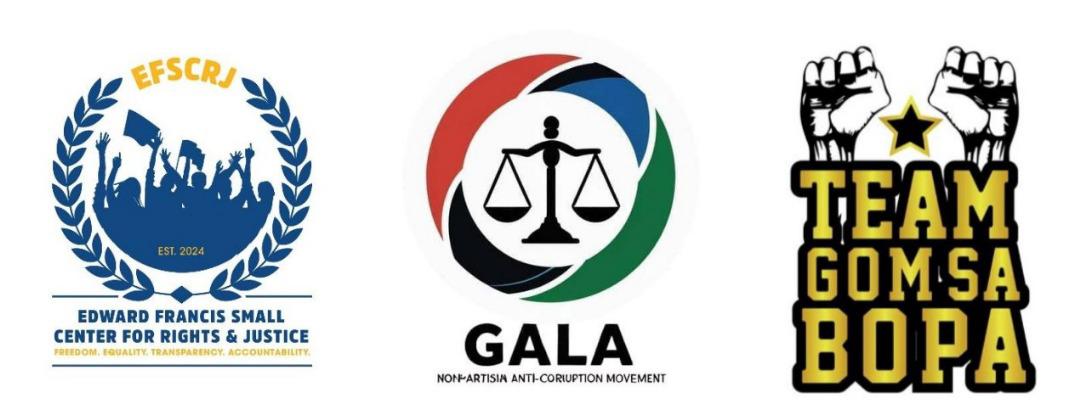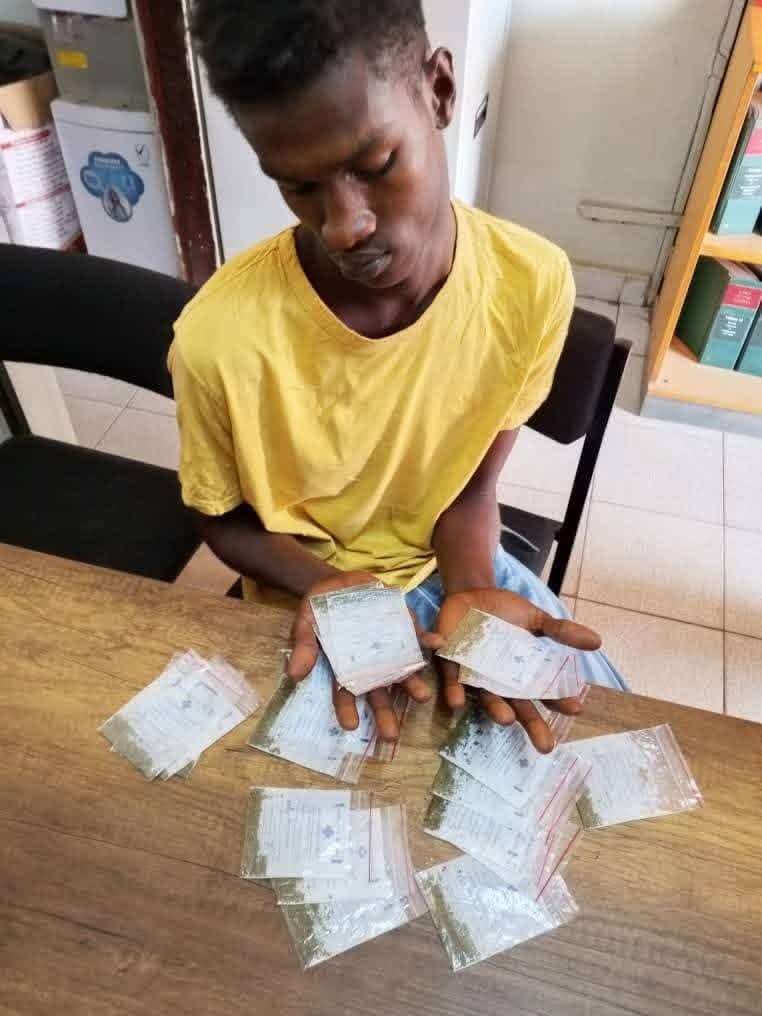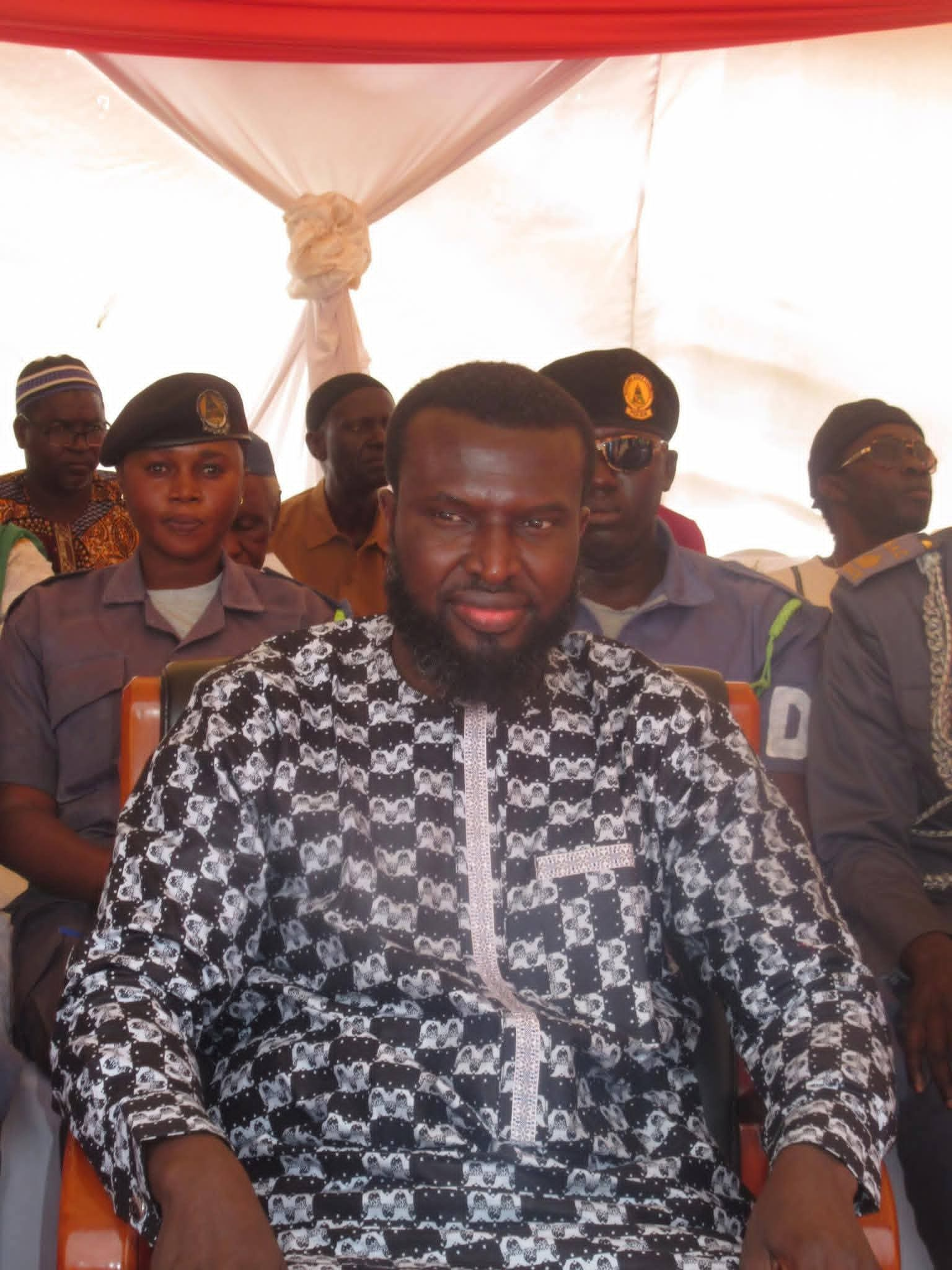For years, Gambians have endured some of the highest internet costs in the sub-region, with little meaningful regulation from the Public Utilities Regulatory Authority (PURA).
Just as consumers finally began benefiting from competition—through cheaper internet packages—PURA has chosen to act against the public interest and in favour of GSM companies.In response, the Edward Francis Small Centre for Rights and Justice (EFSCRJ), Gambians Against Looted Assets (GALA), and Team Gom Sa Bopa (together, “the Coalition”) are protesting PURA’s unprecedented decision to impose an anti-competitive price floor of D50 per 1GB.
This price floor abruptly ended the tariff wars that saw GSM operators offering promotional data bundles for as low as D13.33 per 1GB. By enforcing this hike, PURA has increased the cost of data by at least 243%, placing an enormous burden on Gambian consumers.
The Coalition reminds PURA that, under Section 13 of the PURA Act, its primary duty is “to protect the interests of consumers and public utilities” and “monitor and enforce standards of performance by Public Utilities.” Instead, PURA’s decision prioritizes GSM companies at the expense of consumers, undermining affordability without guaranteeing improvements in quality.
We strongly believe that this price floor will only make internet access more expensive—without delivering better services.We therefore welcome the timely intervention of the Gambia Competition and Consumer Protection Commission (GCCPC), which has condemned PURA’s anti-competitive decision and called for its immediate suspension. The GCCPC emphasized that the recent tariff wars provided much-needed relief, driving data prices to their lowest levels ever and making them more affordable for vulnerable consumers and small businesses.
Our Demands
The Coalition is giving PURA three working days from Friday, 22nd August 2025, until close of business on Wednesday, 27th August 2025, to suspend the price floor and heed the joint demands of both the Coalition and the GCCPC.PURA claims its decision is guided by a regional benchmark—citing an “African average of USD1 per GB, equivalent to GMD 71”—and promised to publish the cost model underpinning this policy. To date, neither the benchmark details nor the cost model have been made public.
We demand that PURA immediately publish these documents on its official platforms to allow the public to independently verify whether this decision truly serves the “public interest” and reflects “transparency and accountability,” as claimed.Why the Price Floor is HarmfulOur Coalition is of the informed view that the disadvantages of PURA’s policy are severe:
• Digital Exclusion: Low-income Gambians, particularly students, women, and rural communities, risk being pushed offline, deepening the digital divide.• Education Setback: Students who rely on affordable data for research, e-learning, and communication will lose access to vital educational resources.
• Youth Unemployment and Innovation Barriers: Young Gambians working in freelancing, tech, and creative industries will be locked out of global opportunities, stifling innovation and job creation.
• Civic Engagement and Governance: Citizens’ ability to access news, monitor government activity, and participate in civic life online will be severely undermined.
A Regulator’s Duty
If PURA truly intended to protect the public interest, it would have pursued a price ceiling—to cap costs—while demanding improved service quality from GSM companies. Instead, it has chosen a regressive path that, as the GCCPC notes, “punishes consumers instead of addressing structural and investment issues within the sector.”
Consumer protection must be rooted in fairness, equity, and justice. The real test of regulation is how well it safeguards the most vulnerable, not how comfortably it serves the interests of a few powerful companies.
Signed;1. Edward Francis Small Centre for Rights and Justice (EFSCRJ),2. Gambians Against Looted Assets (GALA),3. Team Gom Sa Bopa.






